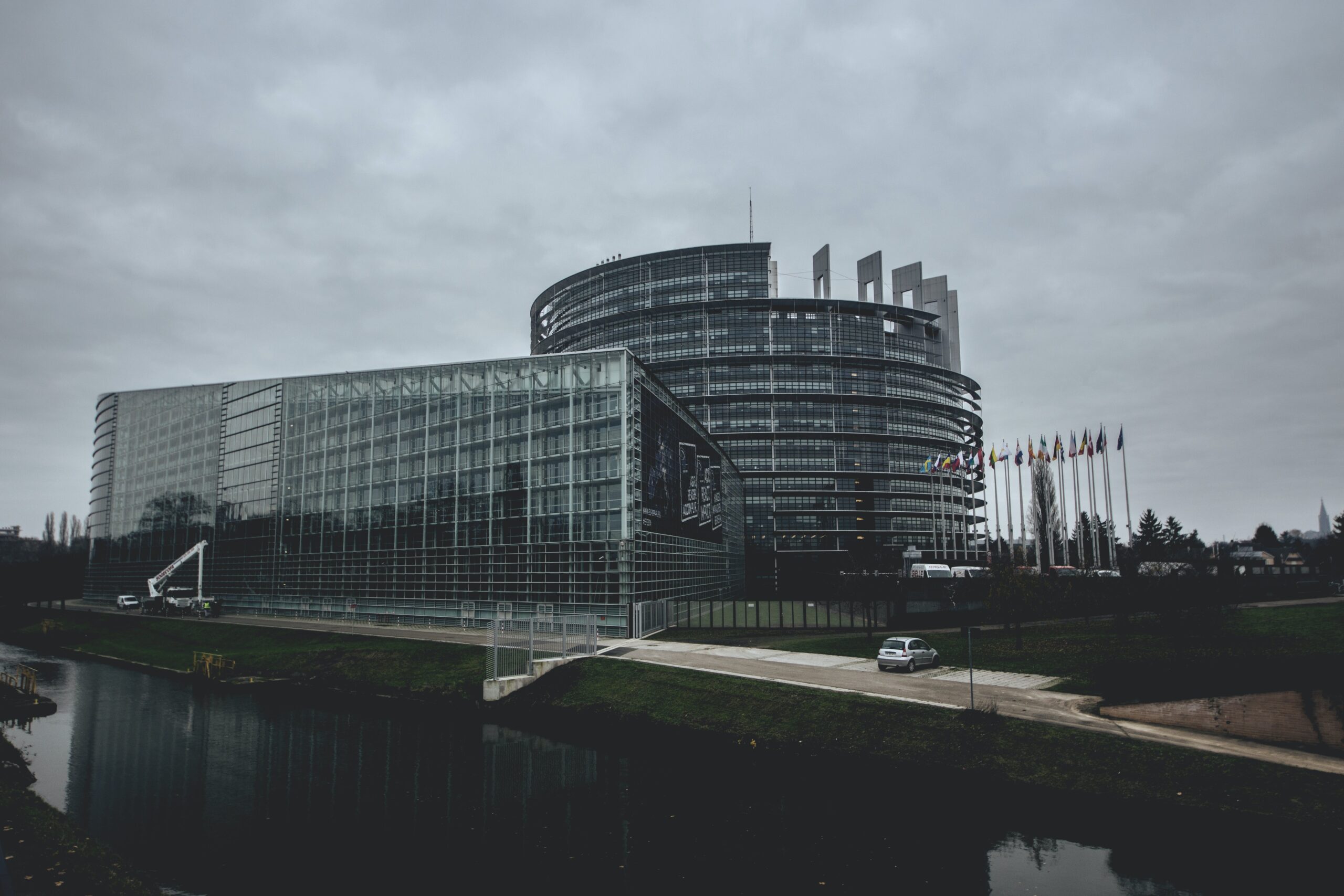The European Commission is celebrating a major milestone in its efforts to create a greener market with the provisional agreement reached between the European Parliament and the Council on the Ecodesign for Sustainable Products Regulation. This regulation aims to revolutionize the way products are made and used in the European Union, promoting a circular economy that values durability, repairability, and environmental efficiency.
What does this mean for sustainable products?
Building on the success of the existing Ecodesign Directive, which has significantly boosted energy efficiency in the EU, the new regulation will set standards for various products, ranging from textiles and furniture to electronics and energy-related items. These standards will not only focus on energy efficiency but also aspects like product durability, reusability, and recyclability.
Taking action against product waste
One groundbreaking feature of this regulation is its measures to combat the wasteful practice of destroying unsold consumer products. Companies will be required to prevent such destruction, with a direct ban on destroying unsold textiles and footwear. Additionally, large companies will have to disclose annually how many unsold products they discard, aiming to discourage this practice over time.
Empowering consumers with better information
Enhanced consumer information is at the heart of the regulation. A Digital Product Passport will provide instant access to sustainability information on products, aiding consumers, customs, and market surveillance authorities in ensuring compliance with legal requirements. Labels similar to the EU Energy Label may also be used to display reparability scores and other sustainability characteristics.
What’s Next?
The European Parliament and the Council are set to formally adopt the regulation, after which it will come into force. The first working plan under the new regulation will outline the targeted products, setting the stage for a more sustainable future.
Background and Objectives
Part of the Circular Economy Action Plan under the European Green Deal, this regulation aims to shift away from the current linear take-make-use-dispose model, which is detrimental to the environment. By expanding the existing Ecodesign framework, the regulation aims to cover a wider range of products and enhance environmental and climate impacts.
Key Figures’ Perspectives
Maroš Šefčovič, Executive Vice-President for European Green Deal, emphasizes the regulation’s role in achieving climate neutrality and strengthening economic competitiveness.
Virginijus Sinkevičius, Commissioner for Environment, Oceans, and Fisheries, sees the agreement as a significant step towards a circular economy.
Kadri Simson, Commissioner for Energy, highlights the regulation’s importance in promoting sustainability and leveraging digital innovation.
Overall, this agreement marks a significant step towards a more sustainable and environmentally responsible future for the European Union, in line with global efforts to combat climate change and promote circular economies.



